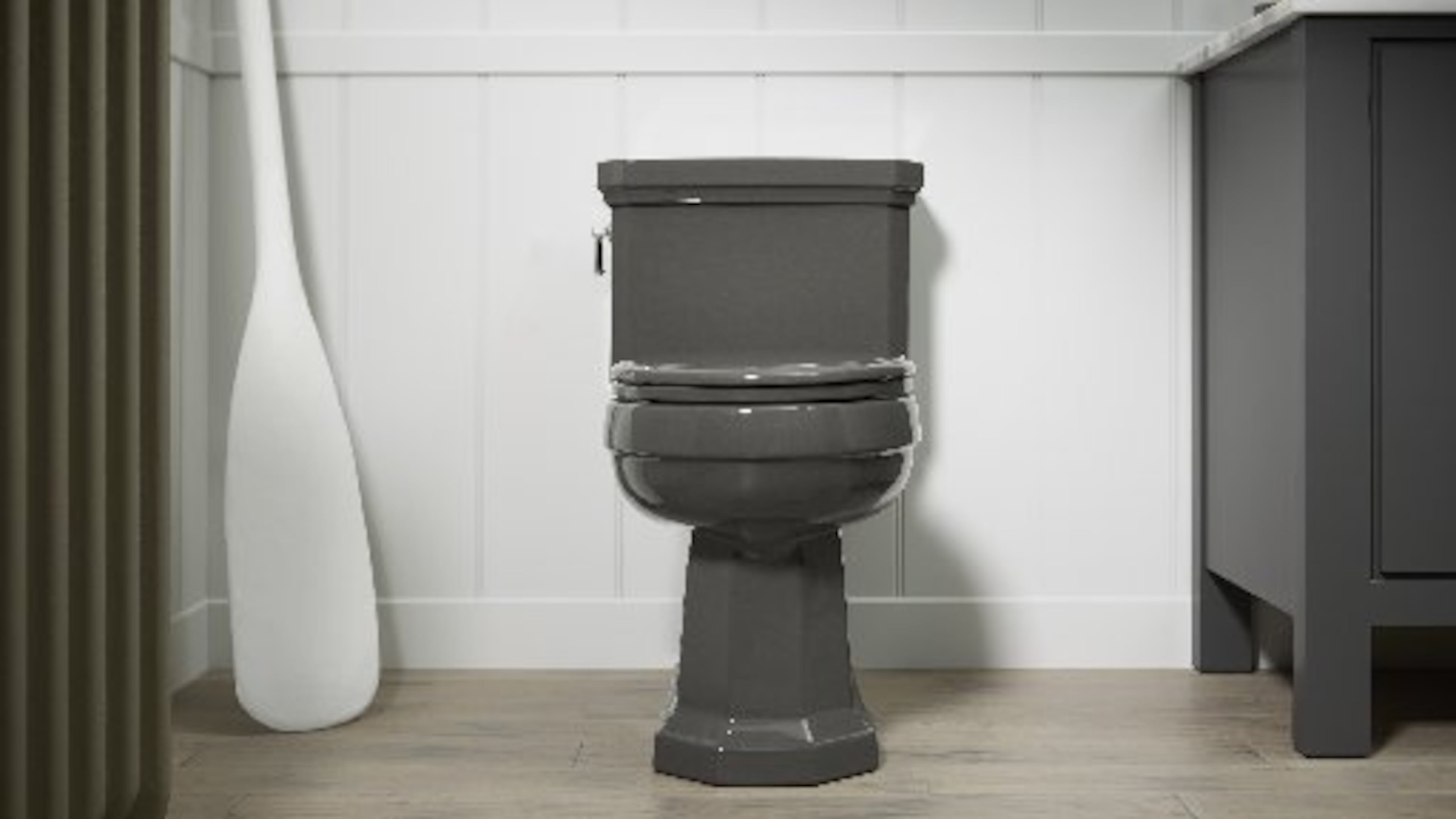Atlanta Watershed: Think before you flush

In case you missed it, the globe celebrated World Toilet Day this week. And here in Atlanta, which has spent billions cleaning up its sewer system under a federal order, city leaders want you to think before you flush.
According to the Atlanta Department of Watershed Management, World Toilet Day was established in 2001 and seeks to break a "stigma around toilets" and draw attention to the global sanitation challenge. As part of the event, Watershed is asking Atlantans to perform annual toilet inspections, in addition to rethinking what they flush.
Apparently Atlantans’ “out of sight out of mind” to items they toss into the ol’ WC is causing big headaches for the city’s sewer systems.
Top of the no-no list? Watershed Commissioner Jo Ann Macrina is asking Atlantans to lay off flushing the disposable wipes.
Tim Mullins, a Watershed manager at the Utoy Creek Water Reclamation Center, has a list of a few more things he wishes you would not toss into the pipes:
- Toys, something children are prone to swirling away
- Feminine hygiene products, especially plastic applicators, which Mullins said industry folk call "beach whistles"
- Anything that isn't organic material
- And some things that are, like cooking grease
Mullins said he sees an uptick in grease coming through the pipes around the holidays, when Atlantans flock to the kitchen to prepare meals for their families.
He suspects many cooks fry their turkeys and toss the grease into drains, instead of the appropriate place: the trash can.
“That’s just speculation on my part, about the fried turkeys,” he said. “I’m from New York. We don’t fry our turkeys.”
So what's the big deal? Those items travel through the sewers to water treatment centers, where the city does its best to sift and scoop them out before the water is treated. Gads of trash and debris can lead to sewer blockages and higher costs for wastewater collection and treatment.
In short, the less trash in the pipes is better for maintaining their equipment, and ultimately better for water quality, he said.
The hope is that your effort will makes theirs a little bit easier.
And about those toilet inspections?
This from Watershed: A household toilet inspection can be performed with dye or food coloring: if dye poured into the tank appears in the bowl without a flush, the toilet may have a leak. Replacing the flapper valve usually resolves the leak. Water-saver kits with dye tablets are available at any City of Atlanta fire station at no cost to residents.
Atlanta is a partner in the Metropolitan North Georgia Water Planning District toilet rebate program, which gives a $100 water bill credit for people who install WaterSense low-flow toilets instead of pre-1993 models. The program is available to both residential and multi-family properties.
Macrina said low-flow toilets can save up to 7,500 gallons per person annually.


